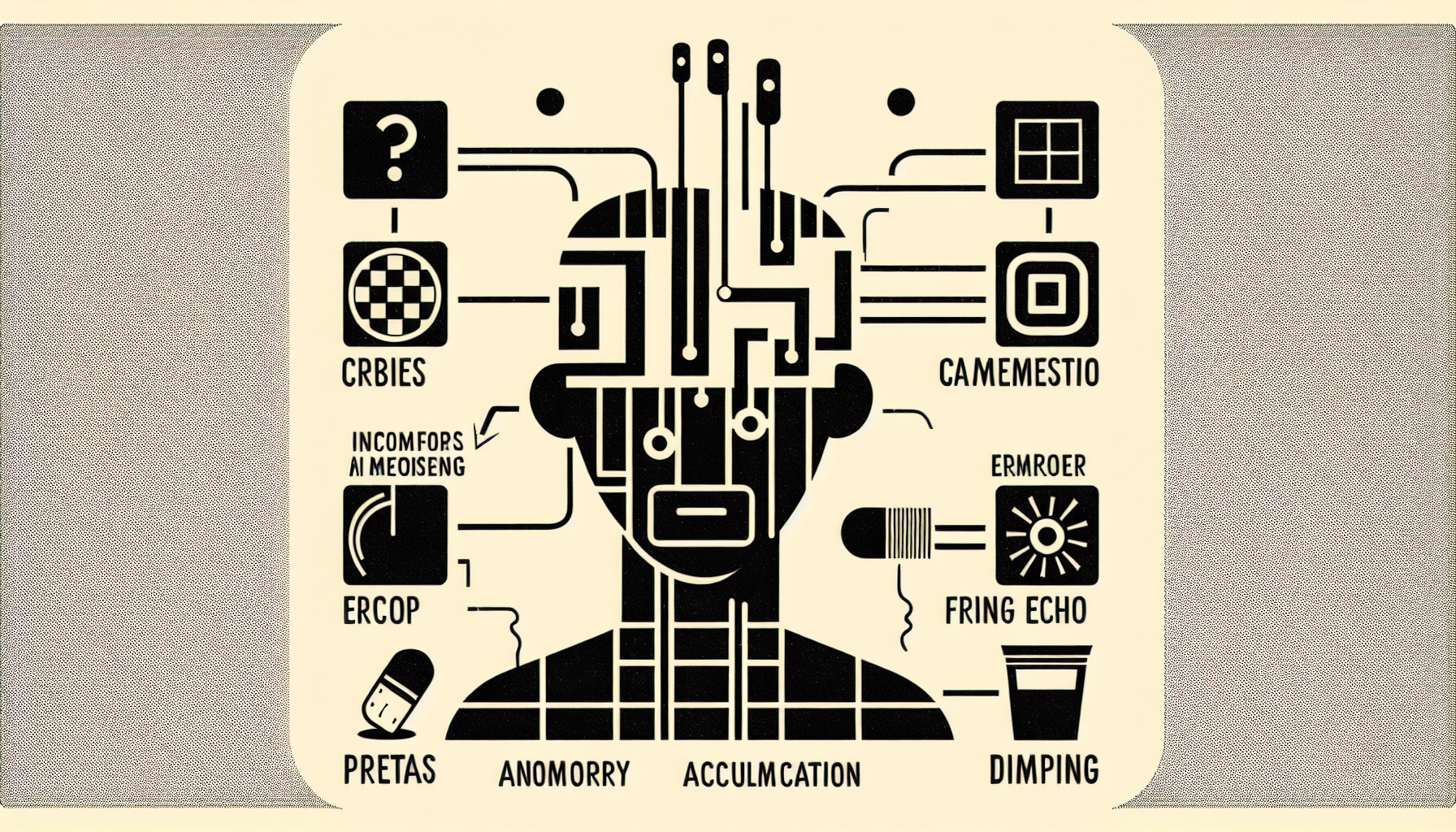Memory is a tricky thing. For humans, it’s often unreliable—prone to bias, misplacement, even total reinvention. For artificial intelligence, memory is both more precise and more problematic. AIs don’t simply forget. They accumulate data, sort it, and, if we let them, remember it indefinitely. But recently, a new ethical conundrum has emerged: Should AI forget? And if so, when, and what?
The Strength—and Burden—of Artificial Memory
Let’s start with what makes artificial memory different from our own. Imagine you could recall the details of every conversation you’d ever had: every coffee order, every embarrassing dance, every offhand remark. For AI, such recall is not only possible—it’s routine. Unless programmed otherwise, AI systems can store and reprocess vast oceans of data, down to the smallest keystroke.
At first glance, this seems useful. An AI assistant that never forgets your favorite playlist or the plot of your unfinished novel? Bliss. But the blessing of perfect memory quickly becomes a curse. Not just for privacy, but for what it means to be human.
Why We Expect AI to Remember
Let’s be honest. Much of the appeal of AI lies in its superhuman retention. We invite virtual assistants into our homes, expecting them to anticipate our needs and become more intelligent with each interaction. The promise of AI is, in some ways, the promise of a machine that never forgets our preferences or our peccadilloes.
Yet, rarely do we ask what all this memory costs—not just in server space but in terms of ethics, autonomy, and even forgiveness. If the AI remembers every mistake, every difficult conversation, does it become incapable of granting a fresh start?
We forget, and we hope to be forgiven. Should we expect the same from AI?
The Right to be Forgotten
There is already a precedent for intentional forgetting in the digital world. The right to be forgotten—a legal principle in Europe—allows people to ask search engines to remove links to personal information which is “inadequate, irrelevant or no longer relevant.” This parallels the human desire for privacy, dignity, and the opportunity to move on from the past.
But how do we apply this principle to artificial intelligence? Should a chatbot erase embarrassing conversations at a user’s request? Should a self-driving car forget every route its passengers took?
If AI never forgets, its users may never truly be free of their digital past. Imagine a world where every poorly-worded email or awkward voice memo is stored and retrievable—not just by you, but by anyone with access to the system. It’s enough to make even the most confident among us shudder.
Memory, Bias, and Growth
Memory, in AI, is not merely about storage. It plays a foundational role in learning. Most modern AIs learn by digesting enormous datasets of past events, forming patterns, and then making predictions or suggestions based on what they’ve “seen” before. If we begin demanding that AI forgets, what happens to its intelligence?
This is where things get beautifully complicated. On the one hand, removing certain data can reduce bias. For instance, if an AI’s training data contains outdated attitudes or discriminatory phrases, forgetting—or at least unlearning—specific pieces is essential. In other cases, though, erasure can lead to loss of context or even hinder useful knowledge.
It seems we must tread carefully here. Perhaps, rather than making AI either a total amnesiac or an eternal archivist, we should give it the wisdom to know what to remember—and what to let fade away.
Forgiveness, Fresh Starts, and the Human Condition
One of the beauties of being human is our ability to forgive, to start over, to let history be history. Forgetting, as strange as it may sound, is sometimes an act of grace. It allows parents to give second chances, friends to reconnect after arguments, lovers to move past faults.
If we insist that AI always remembers, we risk programming it to be less human than we are. We may inadvertently create systems that hold grudges, replaying the worst of our pasts. Yet, if we allow AI to forget, we must decide: Who gets to choose what is forgotten? The user? The developer? The government? Or perhaps, one day, the AI itself?
Of course, handing AIs the power to forget on their own opens a Pandora’s box. Could an AI, like an old friend, “forget” troublesome truths to protect itself? Might it conveniently lose all memory of a malfunction at just the wrong moment? These are not problems for the faint of heart—or the forgetful of mind.
Choosing to Forget: Possible Futures
So what is to be done? As with much in ethics, there may not be a single right answer. But some promising paths are emerging:
- Request-based forgetting: Allowing users to direct their AI assistants to delete specific conversations, histories, or data points. This is a small but meaningful step toward digital dignity.
- Scheduled amnesia: Building in automatic forgetting (for example, deleting old data after a set interval), much like how memories naturally fade in human minds.
- Transparent logic: Ensuring that users know what data is collected, how it’s stored, and when it’s erased. A little honesty can go a long way.
In the end, we may discover that the ethics of artificial memory are the ethics of memory itself: remembering just enough to be wise, and forgetting just enough to be kind. After all, even philosophers have trouble remembering where they left their keys.
So, should AI forget? Perhaps—it should forget what no longer serves us, but remember what helps us grow. Like a true friend, or at the very least, a compassionate librarian.

Leave a Reply